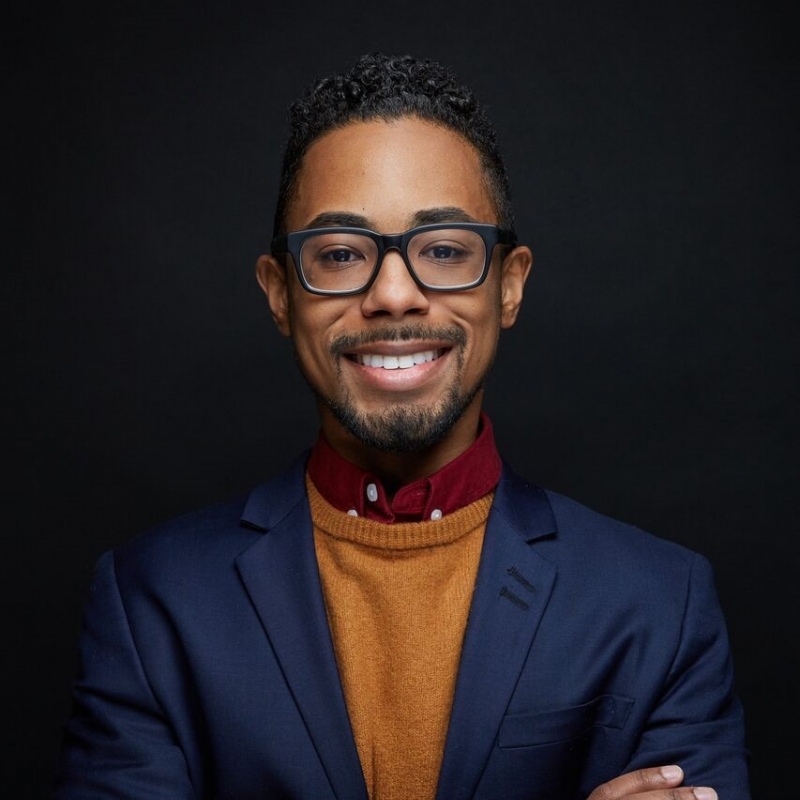An internship changed my career

Araya Baker
Professional Counseling M.Phil.Ed, 2016
Before Penn GSE: Crisis phone counselor, National Suicide Prevention Lifeline
After Penn GSE: Ed.M., Human Development & Psychology, Harvard GSE
“The most important lesson that I learned from this experience was that my work at the micro-level is connected to larger social systems and structures. I graduated from the program extremely connected to the kids at my internship, and concerned for them as people, not just students on my caseload.”
Q: Why did you choose to pursue a graduate degree in the Counseling Program at Penn GSE?
A: I chose the CMHS/Professional Counseling program because I wanted to learn from the renowned faculty in Applied Psychology & Human Development at Penn GSE. In addition, the other schools within the university offer limitless opportunities for graduate students to pursue intellectual growth and professional development — from the frequent conferences and guest lectures on campus, to the plethora of libraries and research centers.
Q: What was the single most important thing you learned in the program?
A: During the program, I interned in one of the most under-resourced public schools in North Philadelphia. The most important lesson that I learned from this experience was that my work at the micro-level is connected to larger social systems and structures. I graduated from the program extremely connected to the kids at my internship, and concerned for them as people, not just students on my caseload. As a result, I developed a deep interest in issues of equity and justice in education, such as restorative disciplinary practices in schools and the school-to-prison pipeline. Exploring these interests in addition to pursuing my professional development as a counselor helped me realize that the purpose of my work was deeper than just helping students on a personal level. Furthermore, connecting my work to social justice motivated me to advocate for my students beyond the scope of my role as their counselor, and now I do so as an activist and writer, in addition to my work as a direct service provider.
Q: How did your experience in the Counseling Program inform your career path?
A: : I entered into the program with no interest in working with children. Yet, I branched out of my comfort zone after the first year and decided to pursue the dual certification in school counseling. During the second year, I completed two internships in K-12 schools that transformed my understanding of social justice, and, since then, I have become committed to advocating for mental health programs and services in public schools. In particular, I am interested in classroom-level interventions and school-based support services that address childhood trauma. Schools serve as one of the only places where children in Philadelphia can access affordable mental health services, so I am very proud to be able to call myself a school counselor.
